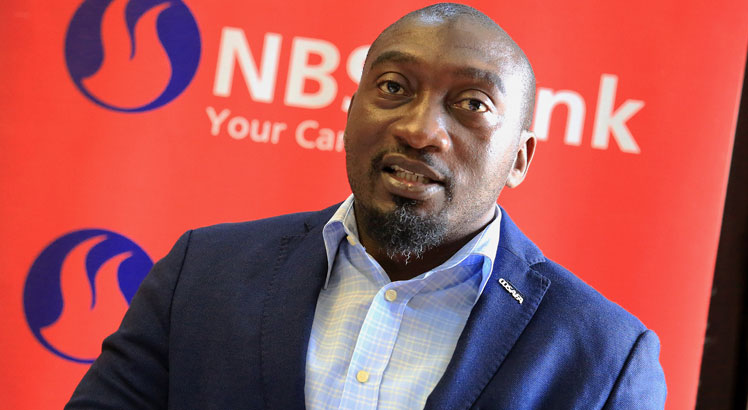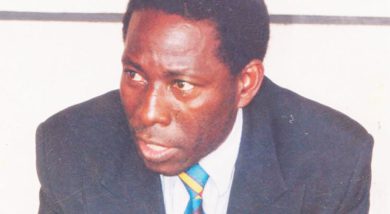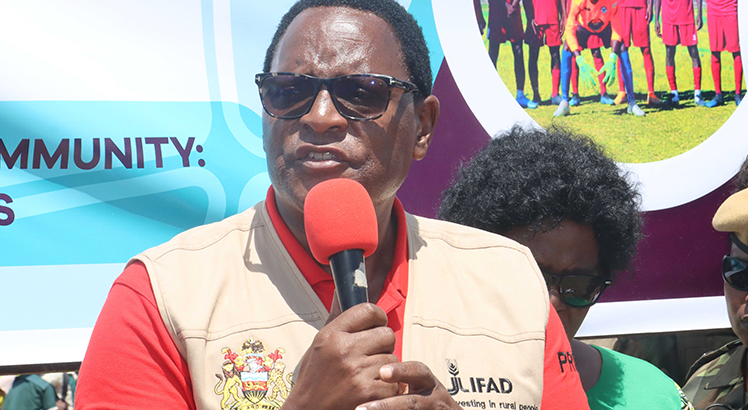TV rights bidding open, transparent—FAM
The Football Association of Malawi (FAM) says it is helpless on foreign dominance of television rights contracts since the deals are granted after a competitive process.
The local soccer governing body’s observation follows criticism from the newly-elected African Union (AU) chairperson Paul Kagame, who is also Rwanda’s President.
In his remarks recently, Kagame criticised African football federations for allowing outside media companies to dominate football coverage on the African continent.

“I am told that there is difficulty faced by our broadcasters in obtaining rights to broadcast football and other sports because of how that industry is structured. It is a problem that we need to confront.
“It is an embarrassment, our rights and our citizens’ rights to watch African football in Africa is managed by people from outside. This is scandalous. There is nothing to be proud of. How can we keep on like this and for how long?” argued Kagame during a week-long general assembly of AU Broadcasters in Kigali.
But reacting to Kagame’s observation, FAM said there is nothing federations can do since the bidding process is open and transparent.
“The process goes through open bidding and obviously the highest bidders get the deal. At the end f the day, the game is for the global market,” said FAM general secretary Alfred Gunda.
The Confederation of African Football (CAF) in 2015 sold Africa Cup of Nations (Afcon) and Champions League rights to French-based company, Lagardère, for about $1 billion from 2017 through to 2028.
That gives the French firm a right to sell airing privileges at costs of their choice.
That has made it difficult for African broadcasters to afford the rights.
For instance, during the previous Afcon in 2017, only 13 countries could afford the rights.
Kagame, however, said money was not the main problem but rather the structuring of the industry which ought to be adjusted going forward.
This has led to a challenge whereby the rights to air the matches have become too costly for African countries to afford.





